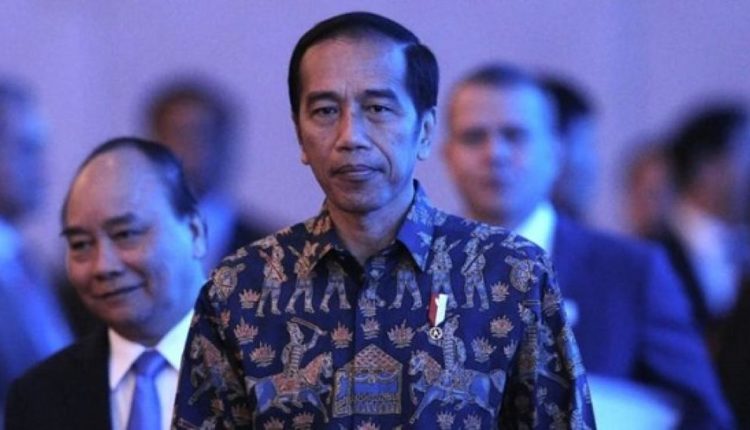Appreciating Jokowi’s concern for human rights
By: Endah Renie )*
In his silence, Jokowi never stopped thinking about human rights in Indonesia. Human rights cases in the past will certainly drag the number 1 person in Indonesia. In addition there are also other policy programs that support the application of human rights in Indonesia.
Chairperson of the National Human Rights Commission (Komnas HAM) for the period 2013-2014, Siti Noor Laila assesses President Joko Widodo has the golden momentum to resolve past gross human rights violation cases in the second period of his leadership.
Laila explained, that in fact the efforts to resolve the case of gross human rights violations had been carried out in the first period of Jokowi, but at that time the regulation of the Truth and Reconciliation Commission (KKR) was canceled by the Constitutional Court (MK).
At present, the government has planned to revive the TRC, to resolve cases of gross human rights violations that could become a historical burden.
This is evidenced by the performance of the Ministry of Law and Human Rights which has reshaped the TRC Bill now submitted to the Indonesian Parliament.
As a human rights activist, he considered the TRC Bill needed enrichment of concepts and a road map for completion, in order to be able to focus and be able to build reconciliation.
Of course this requires studies and academic texts in the TRC Bill. Then input and communication with all parties must be built. Including of course with the victims.
In fact, the program to resolve cases of human rights violations is already in Jokowi’s first nawacita, even already included in the Medium-Term Development Plan (RJPM). In the nawacita it says ‘Respect human rights and equitable resolution of past human rights violations’ cases.
We also cannot close our eyes that handling cases of gross human rights violations certainly cannot be separated from the developing political situation. He saw, that now the president actually has no burden so that steps should be resolved easier.
Meanwhile, Member of the Presidential Advisory Council (Watimpres) Sidarto Danusubroto said, the KKR Law had indeed been discussed by the Parliament in 2014 but was overturned by the Constitutional Court. Then in the second period the current Jokowi government also committed to re-submit the Truth Commission for Reconciliation.
The former Chairman of the MPR RI considered that the discourse on the KKR Bill conducted by Jokowi’s National Secretariat would provide a lot of input, because it presented activist figures, even some of them were victims. And what this does is to provide sharing of academic texts.
He explained, that now we know there is a strong commitment from the government. Even the Coordinating Minister for Politics and Security also strongly encourages this. Then a dialogue involving experts and victims is expected to help the reconciliation effort
Chairperson of the Jokowi-Ma’ruf National Grassroots Team. M Ridha Saleh had said, that the agenda for the promotion and enforcement of human rights by the state must be understood in the norms and context of human rights, namely the promotion, fulfillment and enforcement of civil political rights and economic and social and cultural rights.
The former commissioner of the National Commission on Human Rights also explained that the National Commission on Human Rights has noted some progress in the fulfillment of human rights conditions during the 4 years of the Government of President Joko Widodo and Vice President Jusuf Kalla, including in the fields of education, health and restitution of rights to adat areas.
He emphasized that the government was not ignorant in matters of human rights, as in the case of alleged gross human rights violations in the past, the government had made a political scheme called the settlement of past gross human rights violations in a manner that was just outside the law enforcement process as mandated in law No. 26 of 2000 concerning Human Rights Courts.
The consideration was made so that victims and families of victims of past gross human rights violations could continue to voice and provide input to the government to avoid denying justice.
One of the government’s concerns about human rights is the meeting of the Kamisan participants to Jokowi at the State Palace. The Kamisan action was the action of the families of the victims of alleged gross human rights violations which held peaceful actions every Thursday in front of the Palace.
One participant in the Sumarsih action explained that this was the umpteenth time he had entered the Merdeka Palace, but this was the first time he had met the President.
Past gross human rights violations certainly are not easy to solve, therefore the government also continues to work on handling the case so that what is aspired to in the nawacita can be realized.
)* The author is a social political observer
